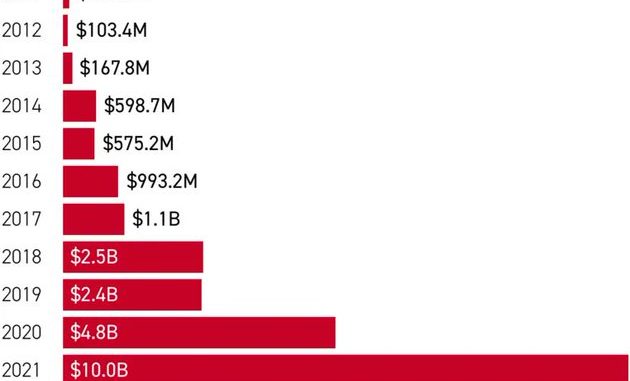
Investors have honed in on artificial intelligence as the next big thing in health care, with billions flowing into AI-enabled digital health startups in recent years.
But the technology has yet to transform medicine in the way many predicted, Ben and Ruth report.
“Companies come in promising the world and often don’t deliver,” Bob Wachter, head of the department of medicine at the University of California, San Francisco, told Future Pulse. “When I look for examples of … true AI and machine learning that’s really making a difference, they’re pretty few and far between. It’s pretty underwhelming.”
Administrators say that algorithms from third-party firms often don’t work seamlessly because every health system has its own tech system, so hospitals are developing their own in-house AI. But it’s moving slowly — research on job postings shows health care lagging every industry but construction.
The FDA is working on a model to regulate AI, but it’s still nascent.
“There’s an inherent mismatch between the pace of software development and government regulation of medical devices,” said Kristin Zielinski Duggan, a partner at Hogan Lovells.
Questions remain about how regulators can rein in AI’s shortcomings, including bias that threatens to exacerbate health inequities. For example, a 2019 study found a common algorithm in hospitals more frequently directed white patients to programs providing more personalized care than Black patients.
And when providers build their own AI systems, they typically aren’t vetted the way commercial software is, potentially allowing flaws to go unfixed for longer than they would otherwise. Furthermore, with data often siloed between health systems, a lack of quality data to power algorithms is another barrier.
